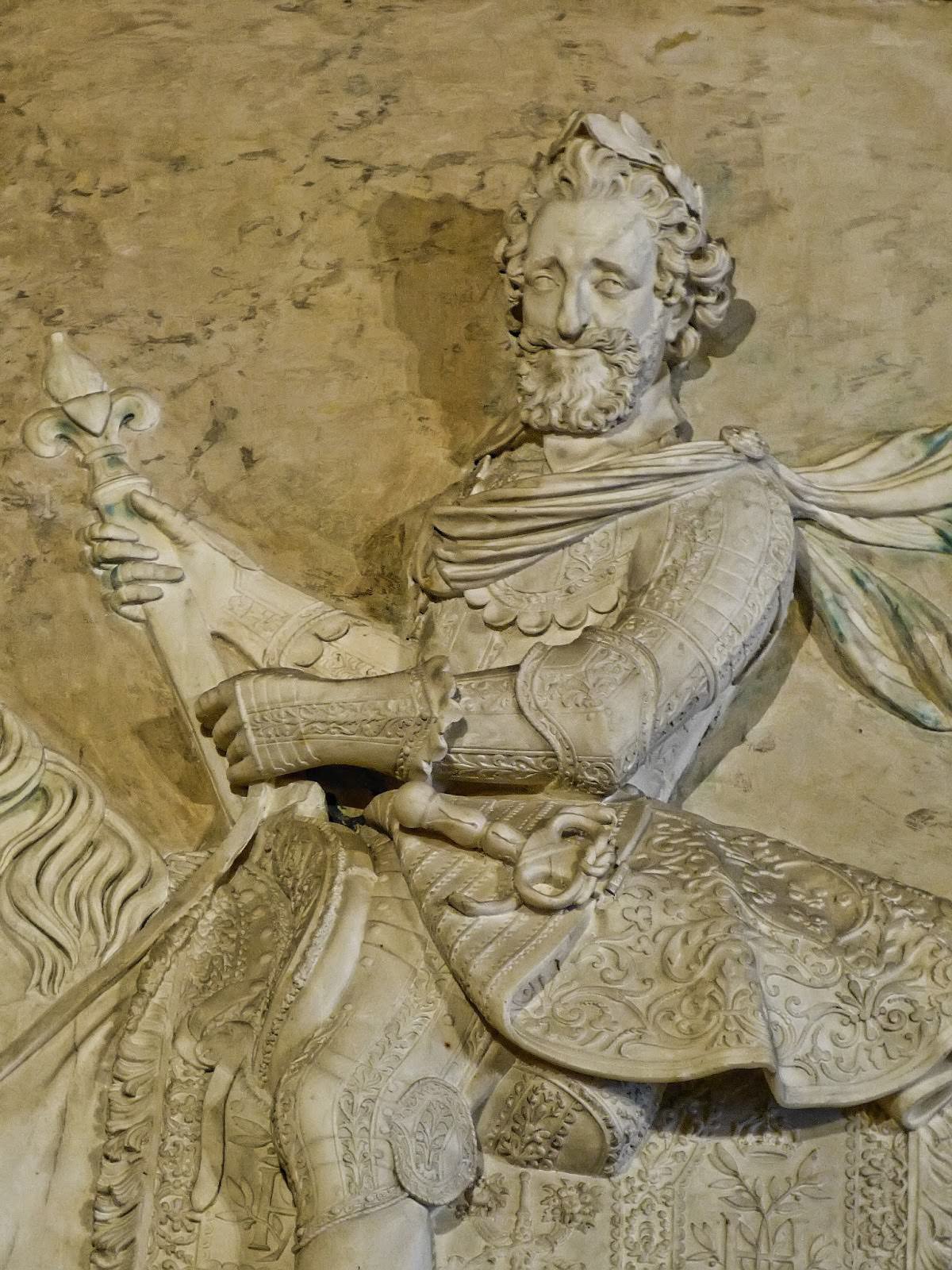Regina Caeli – Queen of Heaven, Rejoice!
The Regina Caeli, Latin for “Queen of Heaven,” is a hymn and prayer ...

St. Henry II was born in Bavaria in 973. He succeeded his father in ruling Bavaria as duke and was later elected Holy Roman Emperor in 1014. He proved extraordinary in his work for Church reform and expanded missionary activity. He died in 1024 and was canonized a saint in 1146 by Pope Eugene III.
After the most blessed servant of God had been anointed king, he was not satisfied with the anxieties of his realm; so, in order to attain the crown of immortality, he determined to campaign for the King of all, for to serve him is to rule. Accordingly, he applied the utmost energy to the extension of religious worship and began to enrich the churches with property and to furnish them with extensive adornment. He re-established the see of Bamberg in his own domain, dedicating it to Peter and Paul, the princes of the apostles, and to the most revered Saint George, the martyr; by a special law he submitted it to the holy Church of Rome, to pay the honor due by divine right to the first see and also to secure his foundation under Rome’s patronage. But to show more clearly how carefully this holy man provided his church with the benefits of peace and tranquility even after his death, we here include his letter of establishment.
“Henry, king by the preordained mercy of God, to all the sons of the Church, both future and present. By the most salutary instructions of sacred eloquence we are taught and advised to abandon temporal riches, to lay aside earthly goods, and to strive to reach the eternal and everlasting dwelling-places in heaven. For present glory is fleeting and meaningless, while it is possessed, unless in it we can glimpse something of heaven’s eternity. But God’s mercy toward the human race provided a useful remedy when he made the reward for earthly existence a share in our heavenly country.
“Therefore, not unmindful of this clemency and aware that by the gratuitous consideration of divine mercy we were raised up to a position of regal dignity, we think it fitting not only to enlarge the churches constructed by our ancestors, but for the greater glory of God to build new ones and to raise them up as the most grateful gifts of our devotion. Furthermore, not turning a deaf ear to the Lord’s commandments and obediently following divine urgings, we desire to take the treasures of divine generosity bestowed on us by his bounty and store them in heaven, where thieves cannot dig them up or steal them and rust or moth may not destroy them. Moreover, when we reflect upon all that we have now stored up, our heart will be often drawn with longing and love.
“Accordingly we wish to make known to all the faithful that we have designated a portion of our paternal heritage called Babenberch to be raised to the dignity of an episcopal see so that there we ourselves and our parents may be held in glorious memory, and that the sacrifice of salvation may be offered constantly for all the faithful.”
This post is an excerpt from an anonymous, ancient life of St. Henry (MGH, Scriptores 4, 792-799), the Holy Roman Emperor. It appears in the Roman Office of Readings for the memorial of St. Henry II on July 13.
No Comments